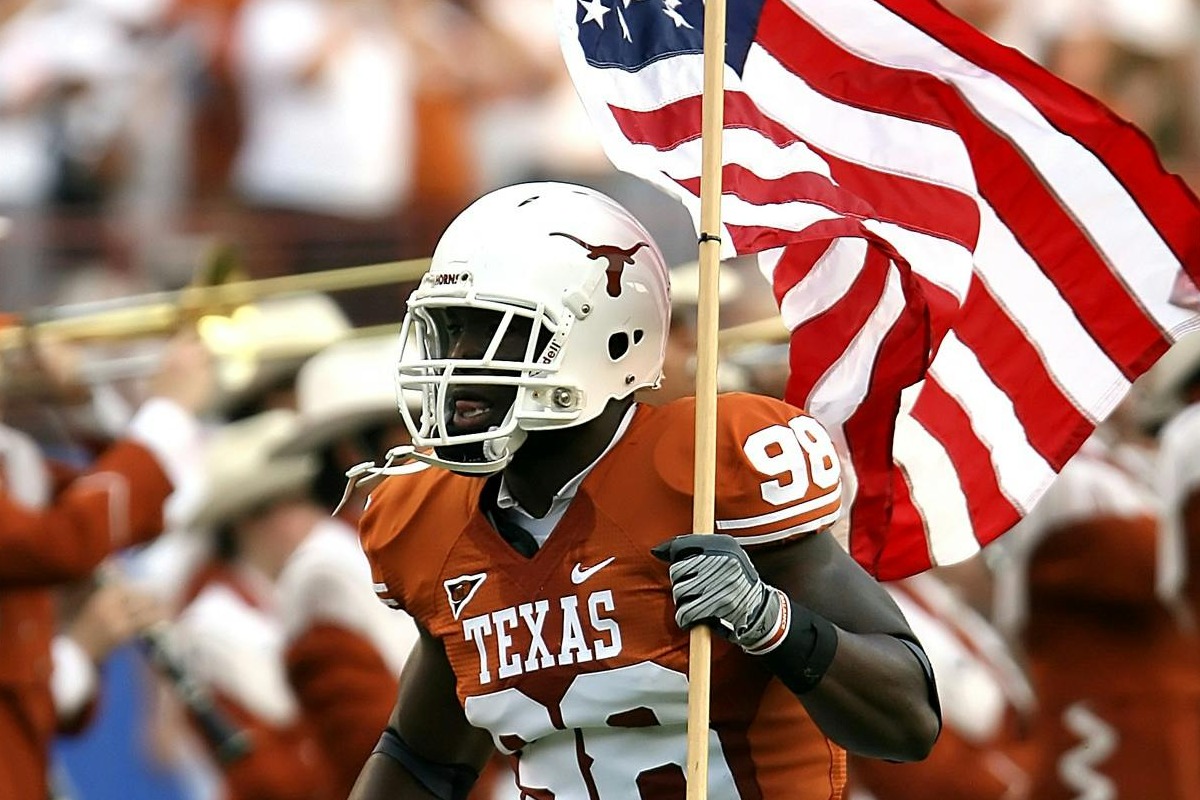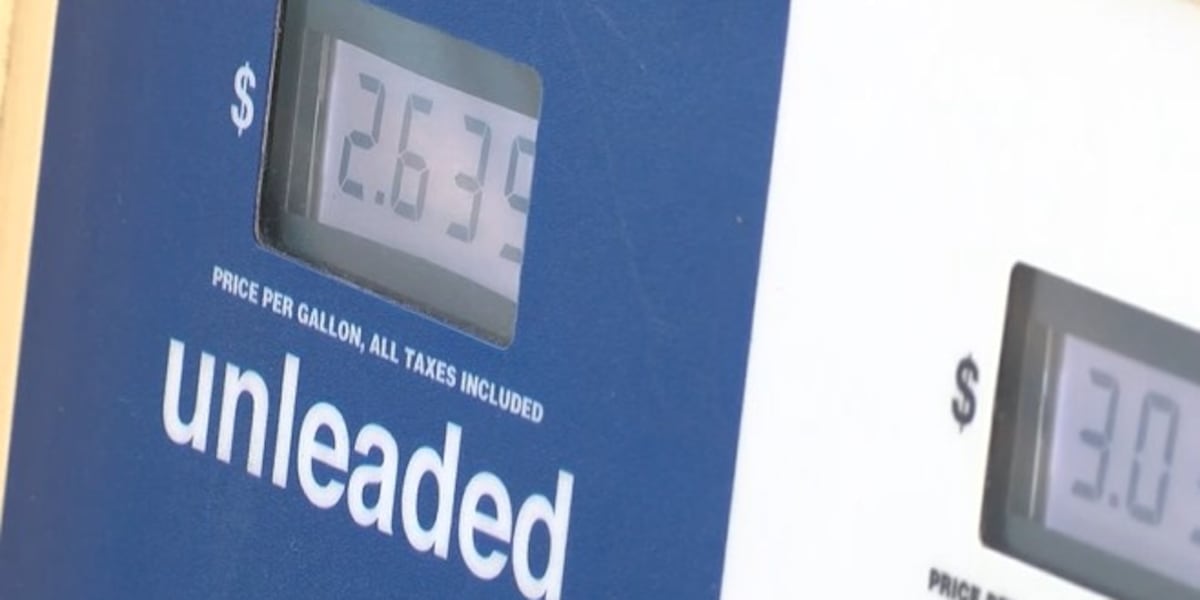World
Inside The World’s Fastest-Growing Slot Machine Company

Light & Wonder has been on a massive winning streak, with $2.9 billion in revenue last year and a stock price that’s up nearly 450% over the past five years. Here’s how it steals market share from the biggest players in the industry.
By Will Yakowicz, Forbes Staff
In March 2020, Matt Wilson took a new job as head of Scientific Games’ gaming division, one of the largest slot machine companies in the world. But a few weeks later, his business, and those of all its competitors, came to a screeching halt.
For the next 78 days, casinos across the United States, the world’s largest slot machine market, were shuttered due to the Covid-19 outbreak. Saddled with $9.2 billion in debt, Scientific Games could not afford such a losing streak.
Over the next two years, the Nasdaq-listed company started selling off divisions. In October 2021, Scientific Games sold its lottery business (along with its name), which made up about 40% of its revenue, for $6.1 billion to the Bermuda-based private equity firm Brookfield Business Partners. Then in September 2022, Wilson, who had been promoted to CEO, rechristened the firm Light & Wonder and sold its OpenBet sports wagering firm to Endeavor Group for $800 million.
“We were trying to be world class at 50 different gaming things through the pandemic,” says the 43-year-old Wilson, who previously worked for Light & Wonder’s Australia-based competitor Aristocrat for nearly 16 years. “But we also had a really serious financial situation that needed to be dealt with.”
With its debt now down to $3.8 billion and revenues stabilized at $2.9 billion (last 12 months),Wilson focused on Light & Wonder’s sweet spot: slots, iGaming (digital slot machine games) and social games (free-to-play mobile app versions of its casino games with virtual currency).
“We tried to try to simplify our lives a little bit,” says Wilson from Light & Wonder’s Las Vegas headquarters. “This focused strategy around being really great at building great games is what ultimately takes share in these markets. You build better games, and you sell more stuff. It’s the idea of simplicity.”
Jackpot: Light & Wonder has become the fastest-growing company in the industry—thanks to its roster of popular games, including Dragon Train.
Light and Wonder
Simple is good, especially in the world of slot machines, which remain the cash cow for any casino. Light & Wonder operates globally, manufacturing and selling its slot machines and games across nearly every gaming market around the world. But 70% of its revenue comes from North America, the largest slot machine market with 1 million machines, according to gaming data firm Eilers & Krejcik. In Nevada, slots still bring in more gaming revenue than any other game in the casino, accounting for roughly 65% of the state’s gross gaming revenue any given year, or about $10 billion.
Over the past five years, Wilson’s big bet has been paying off. Light & Wonder has become the fastest-growing company in the industry—thanks to its roster of popular games, including its Huff N’ Puff franchise and Dragon Train. Its licensed content—which includes slots based on Monopoly, Willy Wonka and James Bond movies—has also been a hit. Last fall, Light & Wonder debuted its first casino collaboration with Netflix for a slot machine based its popular series Squid Game.
In 2022, Light & Wonder generated $913 million in cash flow (adjusted EBITDA) and it announced a goal of $1.4 billion in profits by the end of 2025—an audacious 53% growth rate. It’s on track. In 2023, the company posted $1.1 billion in EBITDA, up 38% since Wilson took over.
Light & Wonder has also been chipping away at its competitors’ market share—it’s now number two in the industry with about 21% of the North American slot machine sales as of the first quarter of this year, behind Aristocrat which has 28%, according Eilers & Krejcik. And investors have rewarded the Nasdaq-listed company for its winning streak—its share price is up around 450% over the last five years and up 43% over the last 12 months.
“We’ve been on a nice little run,” says Wilson.
Monster Success: Light & Wonder develops its own slot machines but also licenses existing intellectual property such as James Bond movies or Netflix’s ‘Squid Game.’
Light and Wonder
David Katz, an analyst at Jefferies who covers the gaming sector, is less modest about Light & Wonder’s success “They certainly have the most growth momentum [in the industry],” says Katz.
Light & Wonder’s recent moves also set off a flurry of merger activity across the industry. In May, PlayAGS, Incorporated, another slot machine supplier traded on the Nasdaq, struck a deal to go private by being acquired by affiliates of Brightstar Capital Partners for $1.1 billion. In February, London-based International Game Technology announced it would spin off its lottery business from its gaming division—a similar move Light & Wonder made in 2021—and merge with Las Vegas-based Everi. In July, private equity firm Apollo Funds said it would buy IGT and Everi in an all-cash deal that values the combined business at $6.3 billion.
Wilson believes that the deals are a sign that the typically “underappreciated” sector of the gaming industry is being noticed by the private equity world. “The economics of this industry is apparent,” says Wilson, “it is a resilient and reliable industry that generates a lot of cash.”
Now Light & Wonder is going after the market leader Aristocrat, and in some markets, beating it. The company is now composed of veterans from the Australian firm. Jamie Odell, the company chairman, was the CEO of Aristocrat for eight years, and the vice chair was Aristocrat’s chief financial officer. Wilson was Aristocrat’s president and managing director for its Americas division. “We do look at Light & Wonder often as Aristocrat 2.0,” says Katz.
Slot machines today are nothing like the classic coin-operated one-armed bandits of yore. Today’s machines are elaborate video games and the secret to a successful game is immersion—keeping a player in the seat as long as possible entranced by with video clips on giant screens and loads of bonus reels. And competition on every casino floor among Aristocrat, Light & Wonder, IGT and others is fierce—games that don’t perform financially for casinos usually get pulled.
Light & Wonder’s best performing game, Huff N Even More Puff, generates more than $260,000 a year per machine—three times better than the average game, according to Eilers & Krejcik.
And even a powerful slot machine game developer is only good as its next game. “The industry is very Darwinian in the sense that the value of the games to a casino operator is very apparent,” says Wilson. “They can see it in the cash box every day.”










